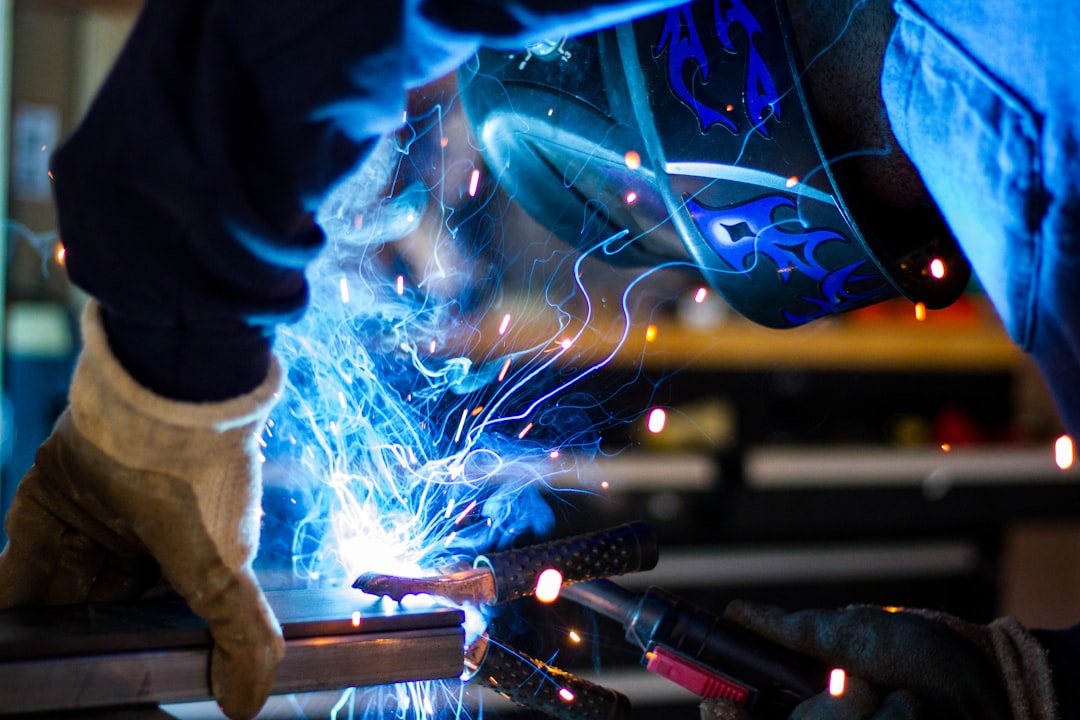Welder Kaihonohono Maitai
Welders make, join and repair metal parts for machinery and equipment using welding techniques.
Welders may do some or all of the following:
- study plans and drawings
- cut and bend and fit steel or metal parts
- make jigs (of wood or metal) that hold parts in place for welding
- weld parts together
- repair and maintain equipment and machinery
- construct metal objects according to instructions.
Physical Requirements
Welders need:
- to be fairly strong, as there can be some heavy lifting involved
- to have good eyesight (with or without corrective lenses)
- steady hands.
Useful Experience
Useful experience includes:
- welding experience
- other mechanical engineering or construction work
- work in an engineering workshop.
Personal Qualities
Welders need to be:
- practical and adaptable
- able to make good judgments
- accurate, with an eye for detail
- responsible and safety-conscious
- good at basic maths.
Skills
Welders need to have:
- knowledge of metals and their properties
- welding skills, including an understanding of different welding processes and equipment
- ability to interpret technical drawings
- knowledge of health and safety regulations.
Conditions
Welders:
- usually work regular business hours but may have to do overtime and weekend work to meet deadlines
- work in industrial and engineering workshops, factories, and on building sites, boats or oil rigs
- may work in dirty and noisy conditions, and may be required to work at heights.
Subject Recommendations
There are no specific secondary education requirements to become a welder. However, NCEA Level 2 maths, physics, English and technology are useful.
For Year 11 to 13 learners, trades academies and the STAR and Gateway programmes are good ways to gain relevant experience and skills.
These programmes may help you gain an apprenticeship, but do not reduce the amount of time it takes to complete it.
Related Courses
Welders can earn around $60-$65 per year.
Chances of getting a job as a Welder are good due to a shortage of people interested in this type of work.
Pay for welders varies depending on experience, qualifications, skills and if they specialise.
- Welders usually earn $60,000 to $65,000 a year
- Fitters can earn $70,000 to $105,000 a year
- Boilermakers, who are specialised welders, can earn $105,000 to $125,000 a year.
Sources: Seek, 2023.
Welders may progress to set up their own welding business, or move into management, training or education roles.
They may specialise as boilermakers who construct, install and repair steam boilers, furnaces and containers that hold gases and liquids.
Years Of Training
1-3 years of training usually required.There are no specific requirements to become a welder. However, many employers prefer to hire welders who have or are working towards a qualification.
To become a qualified welder you need to complete an apprenticeship and gain a New Zealand Certificate in Engineering - Fabrication (Level 4). For this certificate, you choose to specialise in light fabrication, heavy fabrication or steel construction.
Industry training organisation Competenz oversees welding apprenticeships.
A driver licence may also be useful.

 Taupo-nui-a-Tia College
Taupo-nui-a-Tia College